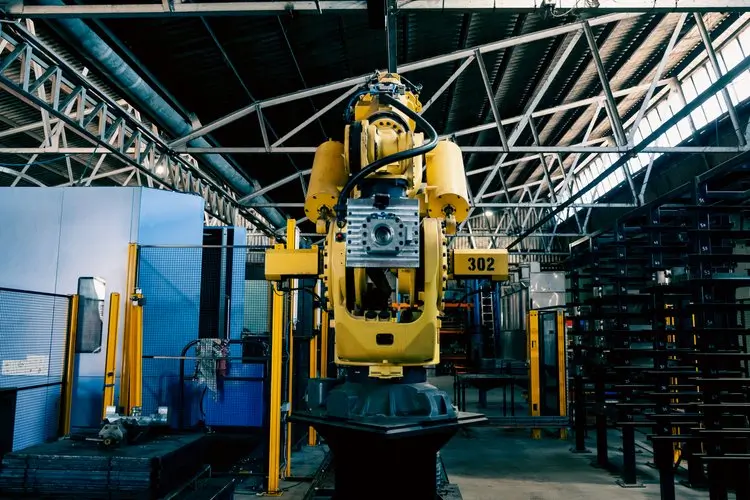Computer Numerical Control (CNC) is a type of machine machining that has revolutionized engineering and manufacturing in the last few decades. CNC machining was developed by integrating digital technologies with traditional machining methods. It is now the most popular method for producing high precision components and parts across various industries. This article explores CNC’s advantages, various applications, and the mechanics.

The Mechanics of CNC Machining
CNC machining involves an subtractive manufacturing process where material is removed from a block of solid material, or workpiece in order to achieve the desired shape. The process is controlled by pre-programmed software which controls the movement of the machinery. The code generated for CNC machines varies based on the type of CNC machine it is and how complex the component produced. The fundamental principle is the same. High-speed cutters precisely sculpt material to create the final product.
CNC Machining offers a superior level of precision. The digitalized nature allows for an accurate and consistent production. This reduces human error while ensuring consistency across batches. This level is critical in industries such as medical devices, aerospace as well as automotive manufacturing where even minor deviations could result in serious consequences.
The role digitalised computers play in CNC Machine Operations
CNC machineries have high precision and efficiency due to its integration of digital tech. CNC machines are controlled by specialized software which automates every stage of manufacturing. The software transforms computer-aided design (CAD) models into a set of precise instructions, which the CNC machine follows to create the part. The instructions are what control everything, from the speed and direction of the machine to the angles and the thickness of the cut.
In industrial facilities with larger capacities computers are typically integrated directly into CNC machines. They permit seamless communication and also control. This integration allows constant monitoring and adjustments in real time to guarantee maximum performance, and reduce downtime. CNC processing can be automated to facilitate continuous operations which increases productivity while reducing lead times.
CNC Machining and Its Advantages
CNC machining offers numerous advantages over traditional manufacturing techniques. One of the biggest advantages is the ability to produce complex and intricate parts with high-precision. The precision of CNC machineries removes the need for manual adjustments and rework, decreasing the amount of waste and boosting efficiency. CNC machines can also be operated continuously, which makes them perfect for large-scale production runs.
Another advantage is the flexibility of CNC machine. The same machine is able to produce a wide range of components by simply altering the software. CNC is a machine that can be utilized to prototype or for mass production.
Automation of CNC machining improves workplace safety. By reducing the need for manual intervention, the chance of injuries and accidents is minimized. CNC-machined components are also more reliable and more efficient, which increases the satisfaction of customers.
CNC Machining Services: Benefits to Industries
Efficiency, precision and flexibility are the primary benefits of CNC machining. CNC machines are critical in the aerospace industry because they must comply with very strict safety and quality standards. Medical device manufacturers rely on CNC machining for the production of surgical instruments that are complex and implants, in which precision is paramount.
CNC machining in the automobile industry is utilized to create components for transmissions, engine parts, and intricate features for interior and exterior. The electronics industry also benefits from CNC machining, which can create small, intricate components for consumer electronics and communications devices. The jewelry and art industries too use CNC technology to make unique pieces and intricate designs.
The future of CNC Machining
CNC capabilities for machining are expected to grow as technology improves. Innovative technologies like multi-axis machining, additive manufacturing integration, and the use of advanced material will push the boundaries of what can be achieved with CNC technology. In addition, machine learning and AI will increase CNC machining efficiency.
CNC machining offers precision, efficiency, flexibility and unbeatable precision. The ability to create complex parts with high accuracy is a crucial tool in a variety of industries. CNC machineries have a significant role to play in the future manufacturing as technology develops.
